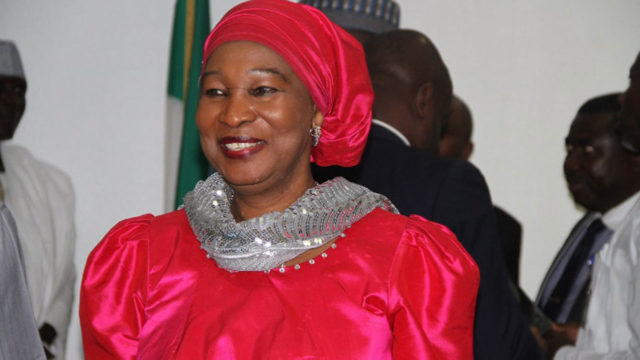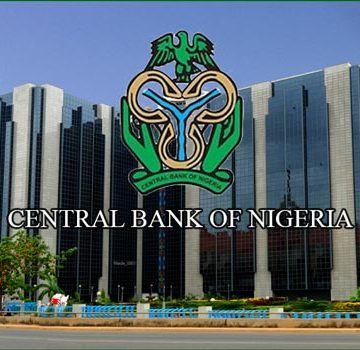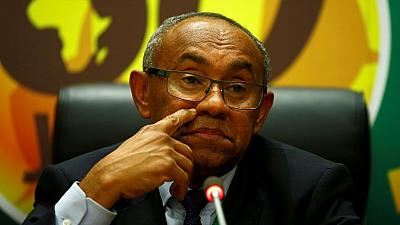If Nigeria does not scale up its social and economic infrastructure, its quest to compete with other countries in development would be mere wishes.
This was the position of the Director-General, National Institute for Legislative and Democratic Studies (NILDS) in Abuja, Prof. Ladi Hamalai, at a public lecture entitled ‘Legislative Oversight Functions and Projects Infrastructure Financing in Nigeria: Issues and Way Forward.’
The event was organised by the Department of Economics, University of Lagos (UNILAG).
The World Economic Forum (WEF)’s 2016-17 global competitiveness index ranks Nigeria’s infrastructure low (132 out of 138 countries), and according to its 2016 Executive Opinion Survey, the poor supply of infrastructure is one of the biggest constraints on doing business in the country.
Hamalai, who was represented by Prof. Mohammed Ladan, called for a robust oversight of the executive by the legislature.
“By Section 88 of the Constitution, the National Assembly is empowered to conduct investigations into any matter or thing with respect to which it has power to make laws.
“It also has power to conduct investigations into the conduct or affairs of any person, authority, ministry or government department charged, or intended to be charged, with the responsibility of executing laws enacted by it, and the disbursement of funds appropriated or to be appropriated by the lawmakers,” she said.
Nigeria’s 2014 Gross Domestic Product (GDP) could have been $113 billion and 22 per cent higher, if the country had reduced corruption to Ghana’s levels, she added.
She lamented that huge resources that could have been devoted to development projects, including infrastructure, were diverted into private purses.
According to her, Nigeria lags far behind not only developed countries, but also in the BRICS (Brazil, Russia, India, China and South Africa) countries.
She said: “While government has always made efforts to invest in infrastructural development, such investments have been inadequate, creating the basis for private sector investments through public-private partnership (PPP).
“It is glaring that the country is trapped in infrastructure deficit and it may not be unconnected with some challenges militating against infrastructure development in the country. While some of these challenges are general, some are sector-specific.”
In his keynote address, a professor of political science, Oluwafemi Mimiko, maintained that a restructured Nigeria would throw up several centres of resources, power and influence across the country.




